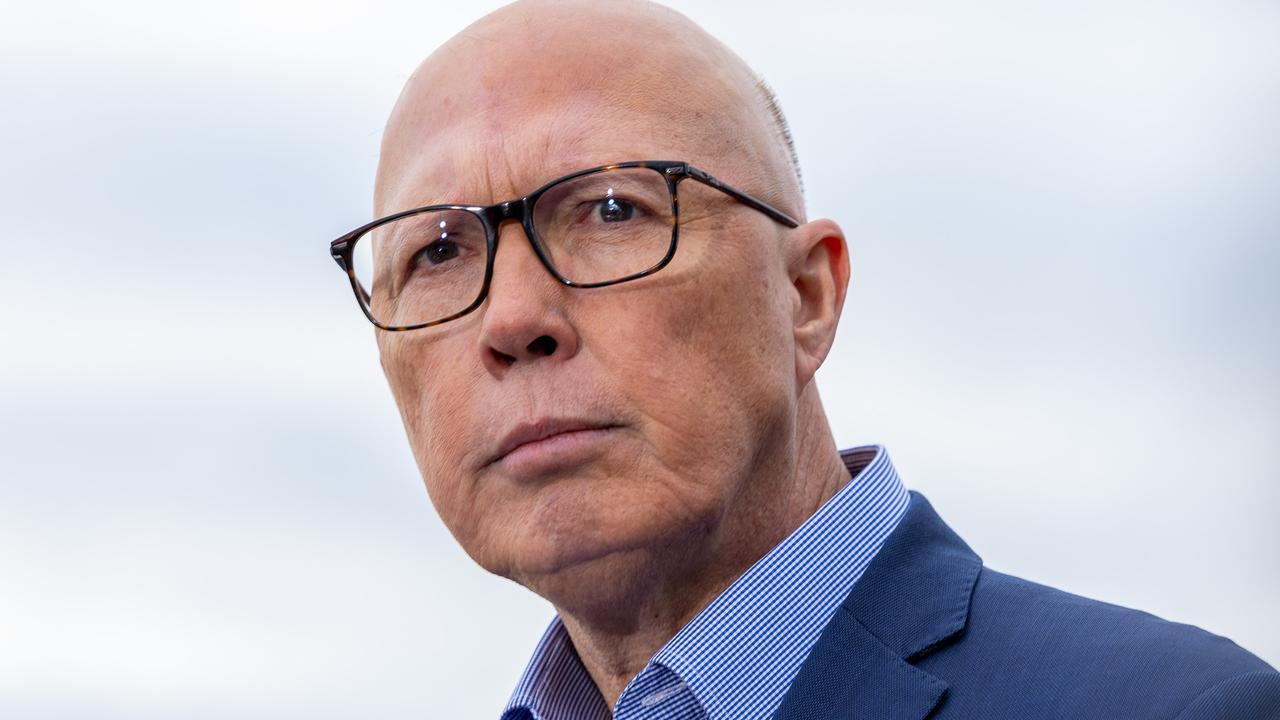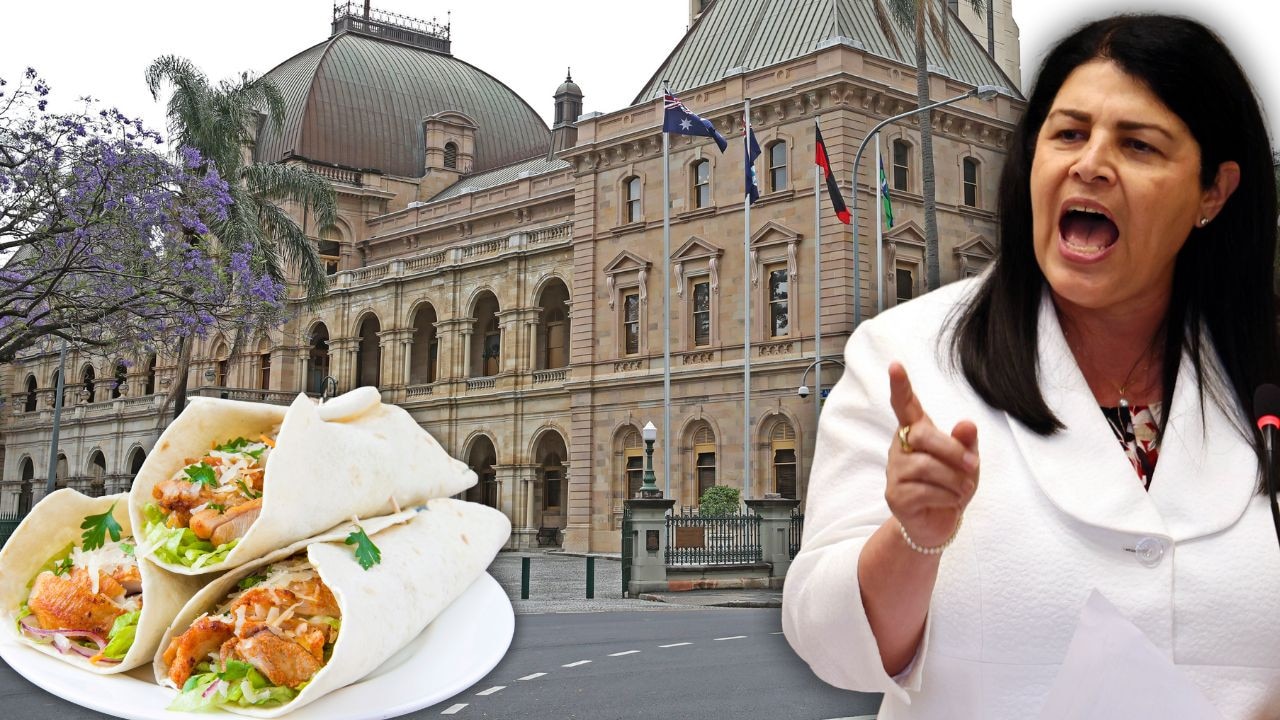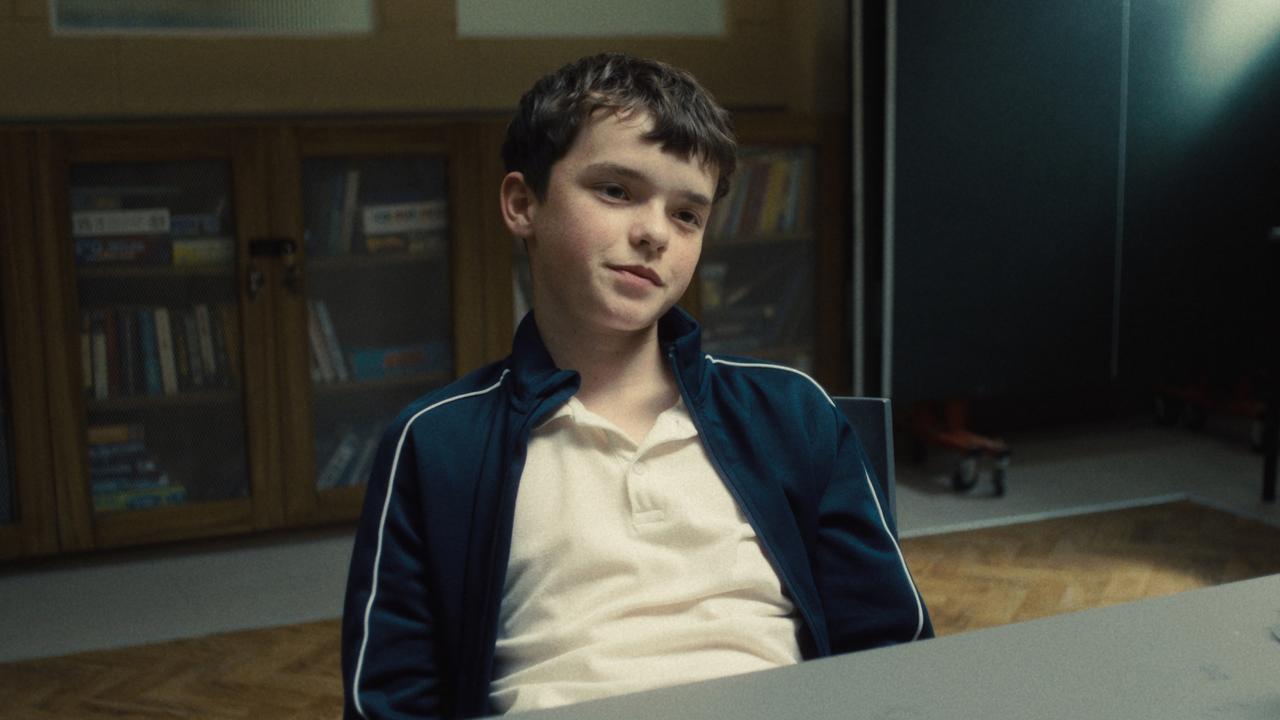Governance key to successful Brisbane 2032 Olympic and Paralympic Games
Delivering an Olympic and Paralympic Games is massively complex. For the plan to come together you need a governance structure that lets everyone have their say, but which allows quick and decisive decision-making and the clearing of unexpected roadblocks.
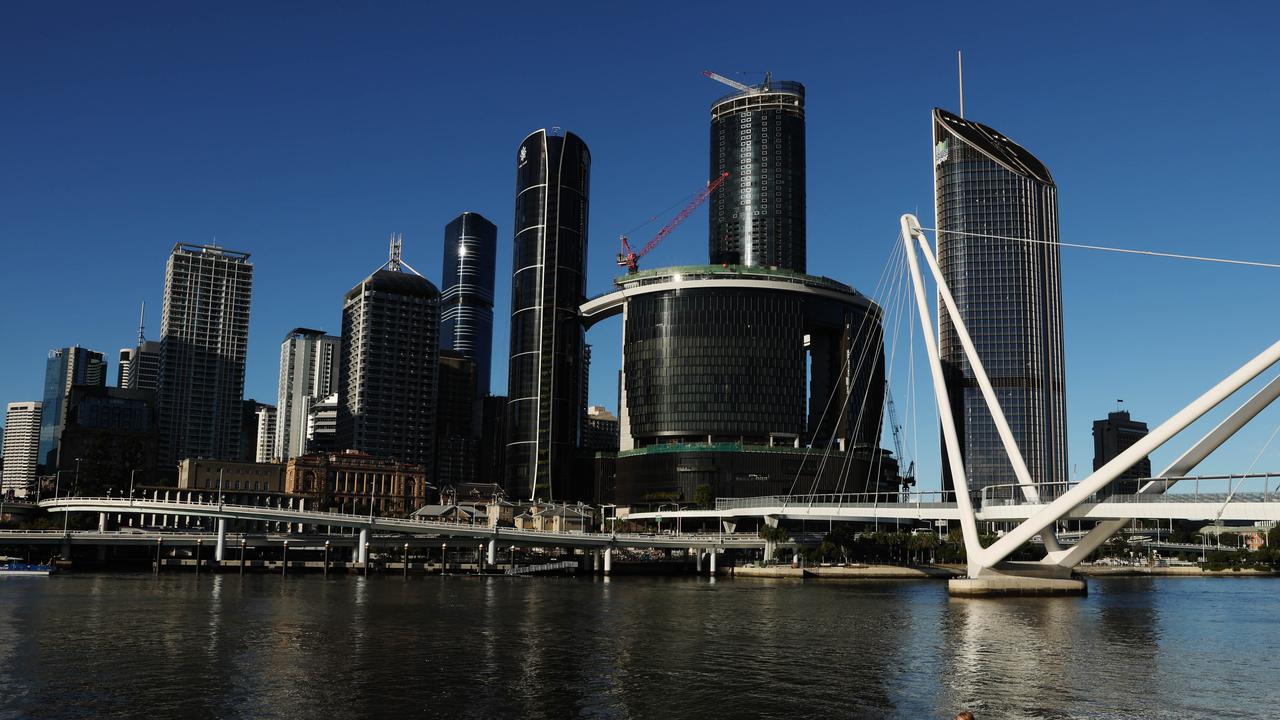
Opinion
Don't miss out on the headlines from Opinion. Followed categories will be added to My News.
Winning a bid to host the Olympic and Paralympic Games is in many ways the easy part. What follows is far more challenging – to come up with the plan for venues, and then to deliver on it. It is a massively complex task with thousands of moving parts, multibillion-dollar budgets, immovable deadlines – and the eyes of the world watching.
Success requires thousands of individuals and organisations from the public and private sectors – each with their priorities and agendas – to be on the same page. For that, you need a governance structure that lets everyone have their say, but which allows quick and decisive decision-making and the efficient clearing of unexpected roadblocks.
That is not what we currently have – at least according to the 100-day review of Queensland’s Games preparations. That review, by the independent Infrastructure and Coordination Authority, concluded the existing arrangements were too complex and unwieldy.
According to that review – which was tasked by the government with looking at governance structures as well as venues – the current set-up does “not sufficiently support efficient and effective decision-making due to lack of whole-of-Games oversight and the size and decision-making processes of groups.”
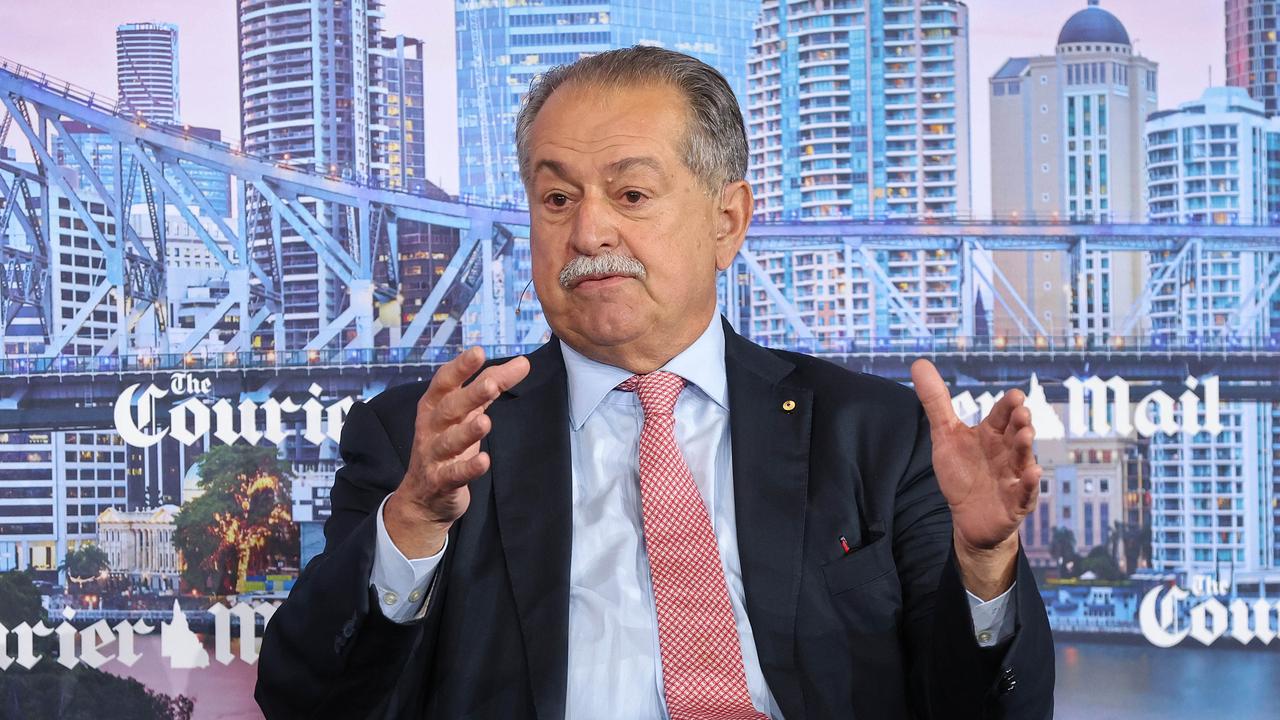
There’s not even a “Games vision”, which the authority argues is essential to provide the “overarching strategic framework uniting entities and guiding principles”. The result, it concludes, is a lack of clarity about who is responsible – which in turn, “is increasing the risk of gaps, duplication and inefficiencies”.
The review did find: “The current governance model prioritises collaboration and inclusion, ensuring all Games Partners are engaged at every level.”
And while that sounds positive, the review also found decision-making “follows a consensus-based approach (requiring unanimous support) rather than an accountability-based model”.
And the harsh reality facing organisers is they simply do not have the time left to negotiate unanimous support on every one of the thousands of decisions still to be made with every Games partner.
The experience of the Sydney Olympics suggests that is what is needed – even though the authority does not use such language in its review – is a more autocratic approach, with whoever is at the top empowered to make the tough decisions, rather than being distracted by trying to keep everyone happy all the time.
The Sydney Games organisers found their man in Michael Knight, who served as NSW Olympics Minister and chair of the SOCOG, a “Machiavellian strong man”, with an “uncompromising style” and who was uninterested in courting the popularity vote.
The Crisafulli government has accepted the bulk of the review’s recommendations, and among those is a cut to the number of people who serve on the Brisbane Games Organising Committee – currently numbered at 24.
For what it is worth, we would suggest two things – that among those who remain are a number with proven real-world commercial acumen, and that president Andrew Liveris keeps himself surrounded with board members prepared to give him the uncomfortable advice so the best decisions can be made.
We must do so much more for teenagers
Many parents won’t be surprised, but today’s front page story that almost half of Australia’s teens are living with a chronic health condition should serve as a wake-up call.
A report from the Matilda Centre for Research in Mental Health and Substance Use says 45 per cent of Aussie teenagers are living with a developmental condition like ADHD or autism, or chronic conditions including food allergies or asthma.
And the first of its kind report places the blame squarely on unhealthy food, sugary drinks, smoking, vaping, alcohol, lack of exercise and excessive screen time.
Report lead author Bridie Osman said many of the conditions could contribute to poor health outcomes later in life.
“This is the wake-up call that we need to do more to prioritise the health of young people,” she said.
And she’s right. Our nation, and many other Western countries, have sleepwalked into a situation where the impacts of a rapidly changing society on teen development was not understood.
We are starting to fight back, but the ban on vapes only happened after thousands of teens became addicted to megadoses of nicotine.
Likewise the age limit for social media access, which only came after The Courier-Mail blew the whistle on the shocking mental health outcomes, including an epidemic of suicides, in our Let Them Be Kids campaign.
It is clear that whoever wins the election on May 3 needs to prioritise teen health. And prevention needs to be the key pillar.
Responsibility for election comment is taken by Chris Jones, corner of Mayne Rd & Campbell St, Bowen Hills, Qld 4006. Printed and published by NEWSQUEENSLAND (ACN 009 661 778). Contact details are available at www.couriermail.com.au/help/contact-us
Originally published as Governance key to successful Brisbane 2032 Olympic and Paralympic Games


